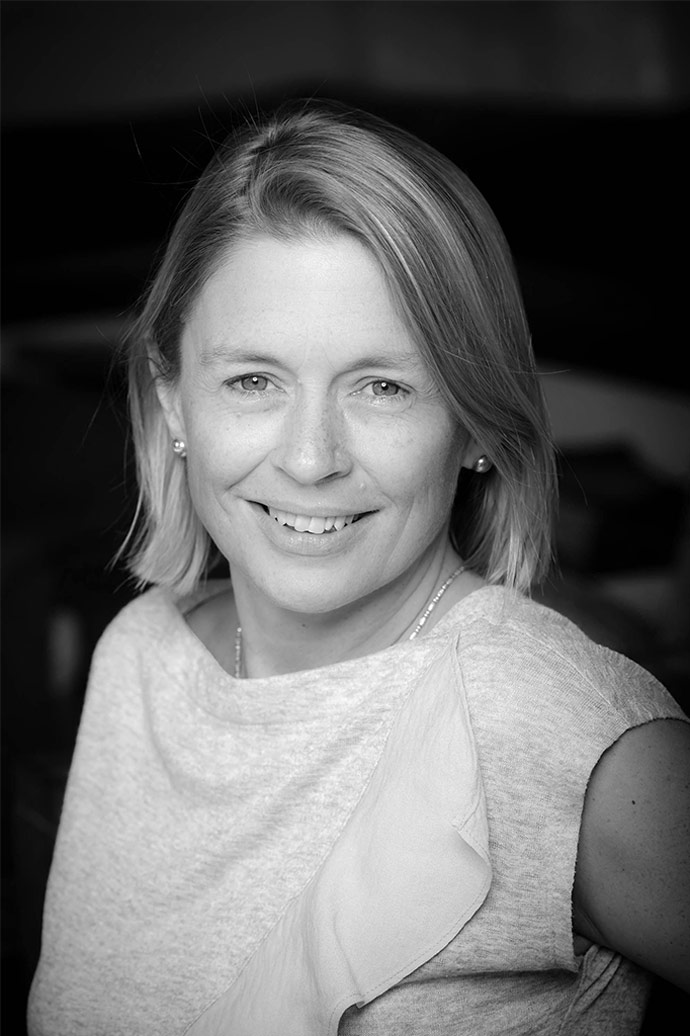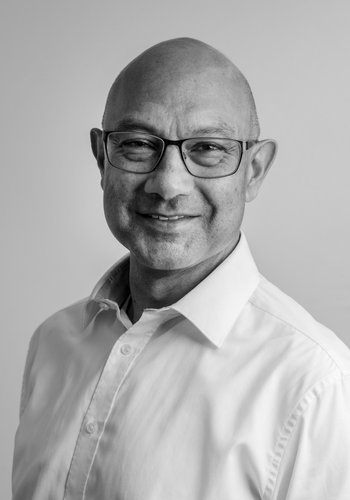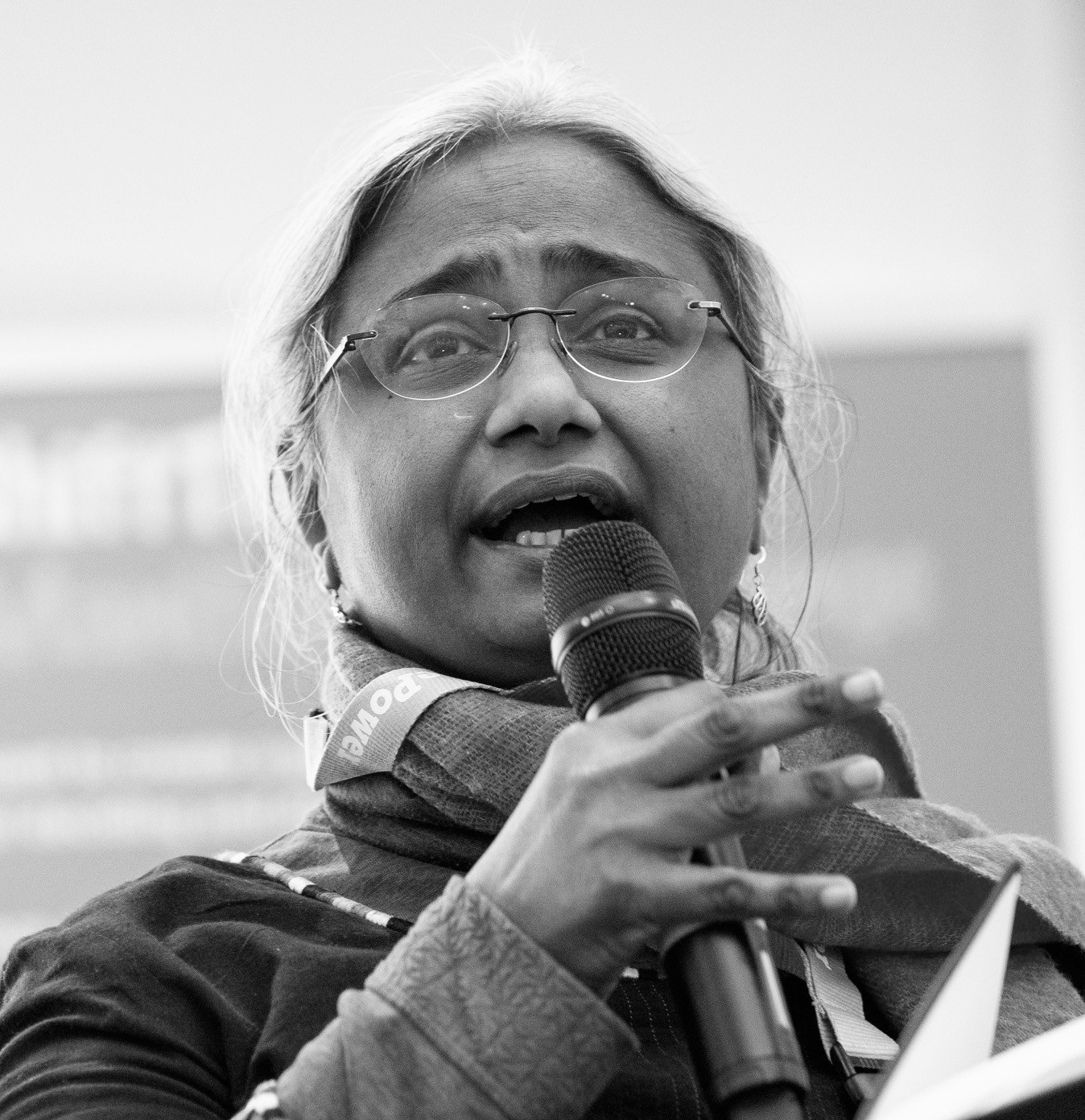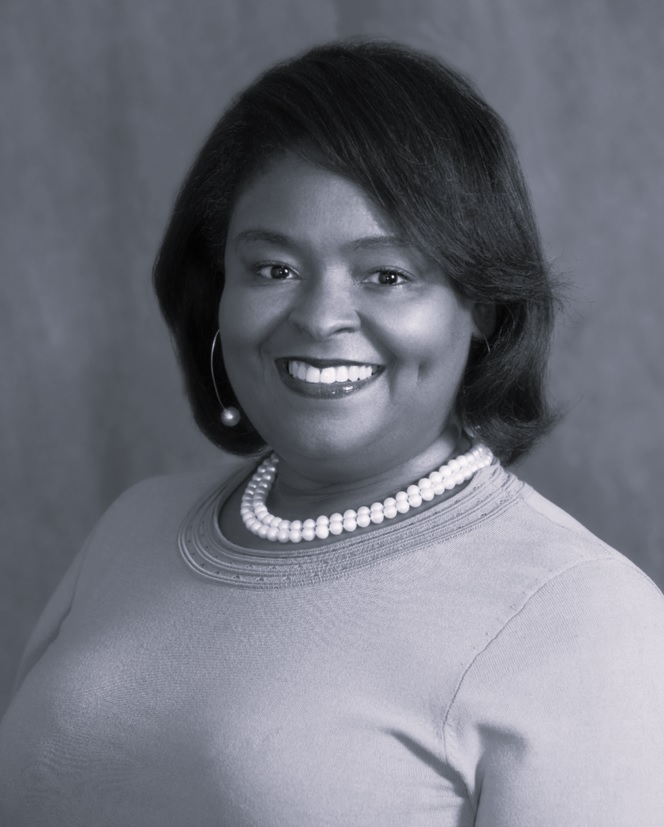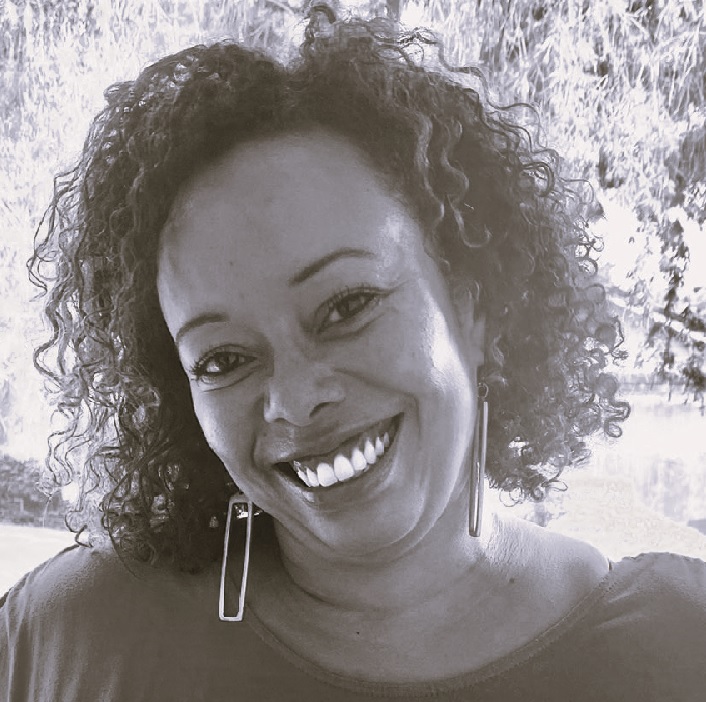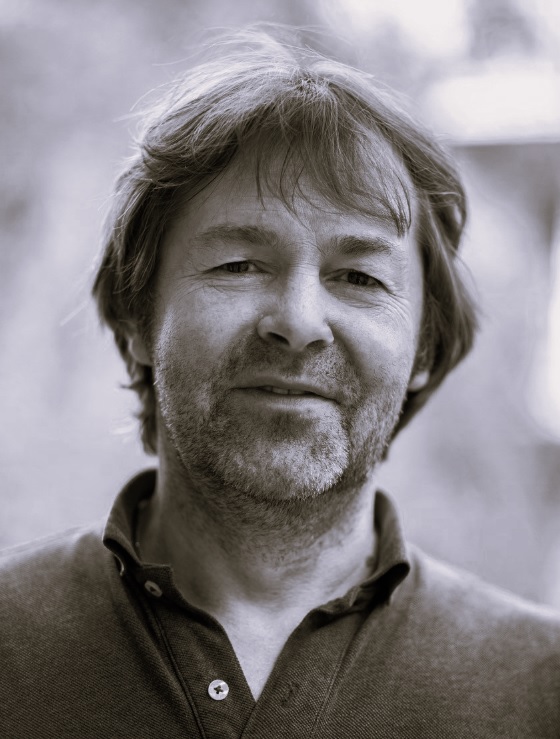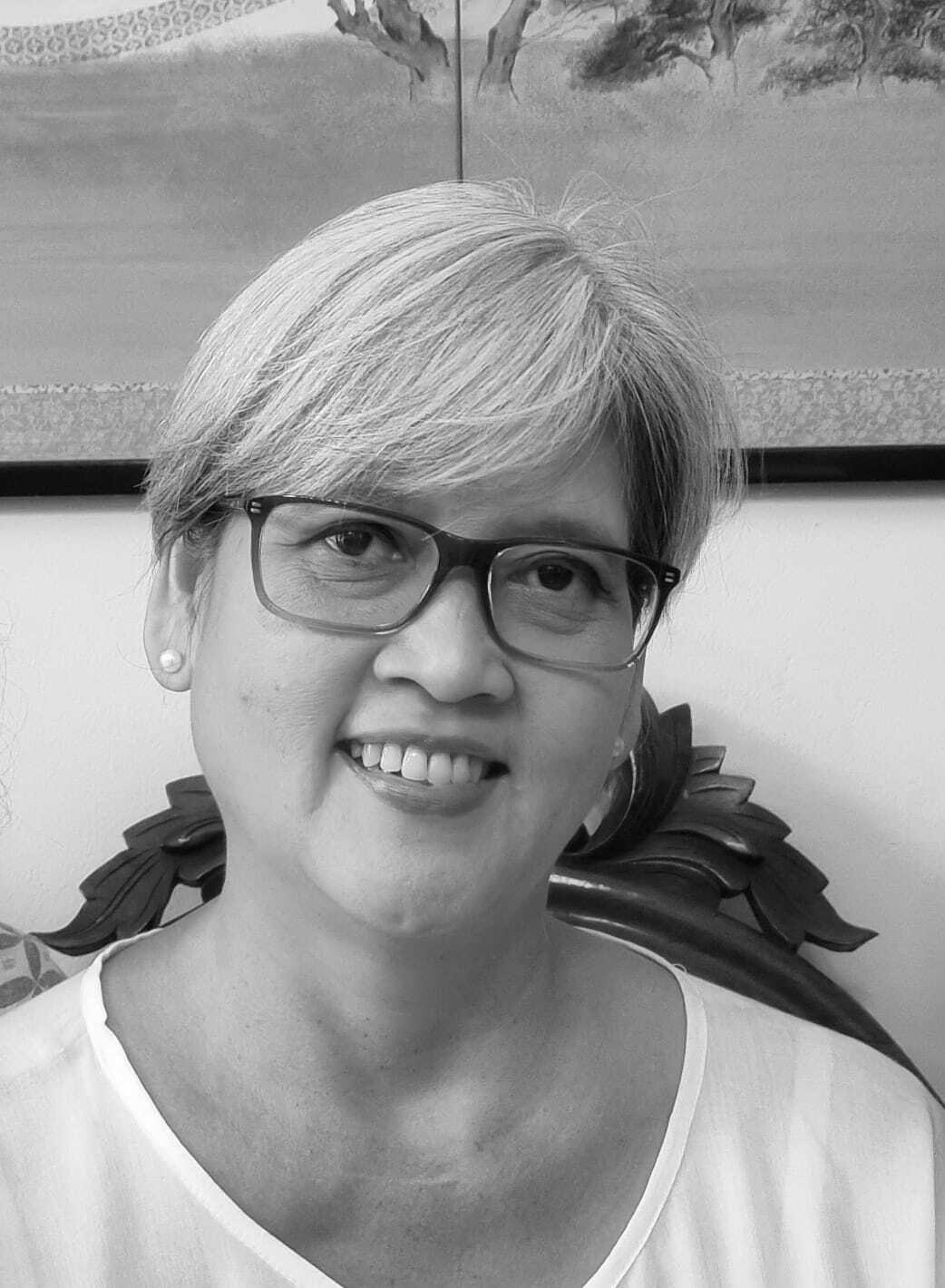
Kamala Chandrakirana
Kamala Chandrakirana is an Indonesian feminist and advocate for human rights, justice, and democracy. She has extensive engagements within civil society at local, national, regional and global levels on gender equality, human rights, transitional justice, social justice, progressive Islam, and sustainable resourcing for social movements.
Nationally, Kamala is in the governance bodies of organizations working on human rights (ELSAM), grassroots women’s empowerment (Pekka), progressive Islam (Rahima & Fahmina), resourcing social movements (IKa), and research on social transformation (Rukun Bestari). She was coordinator of a national network of human rights and survivor organizations advocating for truth and justice on gross human rights violations (KKPK) for 13 years (2010-2023). In 2017, she took part initiating KUPI (Kongres Ulama Perempuan Indonesia), a movement for gender equality and justice within Islam led by women ulama. Internationally, she is a co-founder of Musawah, a global movement for equality and justice in the Muslim family, and the Urgent Action Fund for Women’s Human Rights Asia & Pacific. She also represents IKa in the Foundations for Peace network. This year, she took up the position of Co-coordinator at DAWN (Development Alternatives for Women for A New Era), a collective of feminist researchers, academics and activists from the Global South addressing systemic inequality.
Over the years, Kamala has also held official mandates. During the first decade of the Indonesia’s post-authoritarian reform period (1998-2009), she was Secretary General and then Chair of the National Commission on Violence Against Women, a national mechanism for women’s human rights set up by Presidential Decree. She was appointed to two presidential ad hoc teams, namely for investigating the death of an Indonesian human rights defender Munir (2005) and for addressing cases of Indonesian migrant workers on death row abroad (2012). Between 2011-2017, she was a mandate holder in the UN Human Rights Council’s Special Procedures mechanism on the issue of discrimination against women.

